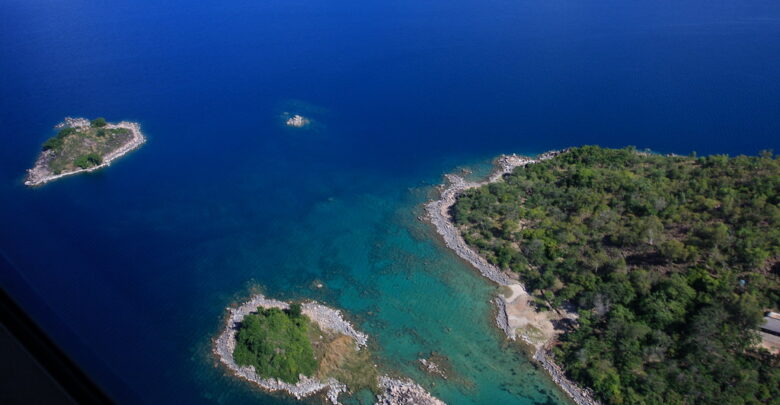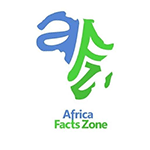Lake in Malawi: The lake with the the greatest number of fish species on Earth

- About Lake Malawi
- Activities On Lake Malawi
- UNESCO World Heritage Centre
Africa Facts zone presents Lake in Malawi. Lake Malawi is the third-largest and second-deepest lake, and the ninth-largest lake in the world. Known as the “calendar lake” because of its length and width.
It is also the fish capital of the world, home to the lardest number of fish species on the planet, which includes over 1,000 species of cichlids.
Also Read: Safari Holiday in Africa: Top 10 Destinations in Africa For a Safari Holiday
About Lake Malawi

The Lake in Malawi is between 560 and 580 kilometres long and 75 kilometres at its widest point.
A total of 29,600 square kilometres of the lake’s surface are occupied by water. At its deepest point, the lake measures 706 metres.
The Ruhuhu River, which flows from northern Malawi into southern Tanzania, is the main source of Lake Malawi’s water supply.
The Shire River, Malawi’s largest river, is the lake’s exit and is located in the country’s southern portion.
In Mozambique, the Shire River empties into the Zambezi River, which then empties into the Indian Ocean.
Over 700 cichlids inhabit the lake, which is more than any other in the world. Water in the lake is alkaline (pH 7.7 – 8.6) and unusually warm, ranging between 24 and 29 degrees Celsius (75 and 84 degrees Fahrenheit).
There are crocodiles, hippopotami and monkeys, and fish eaglets in Lake Malawi in addition to fish.
Also Read: Okavango Delta in Botswana’ The 7th Wonder of Africa
Lake Malawi’s Recreation

As a tropical beach location, Lake Malawi provides a wide range of water sports and activities.
It’s possible to have a lot of fun and explore the lake’s waterways, islands, and beaches by renting a boat or a board of any kind.
Most beach lodges have kayaks and canoes for rent, and longer excursions along the lakeshore are also an option.
The lake in malawi is best known for its kayaking and sailing opportunities. Several resorts provide tiny sailboats for guests to utilise, as well as larger boats that can be used for a more leisurely sail.
Snorkelling in Lake Malawi is a great way to see the colourful kaleidoscope of tropical fish that reside in the Lake and eat off the rocks along the coast, thanks to the crystal clear water.
Dive schools with PADI certification can be found along the lakeside for individuals looking to take their scuba diving skills to the next level.
There are a few lodges that offer water skiing, and there are others that have sailboards and paddle boards.
From the mv Ilala lake ferry to an ocean-going yacht, boat adventures cater to all levels of fitness.
It is also possible to take a cruise up the great Shire river’s higher reaches.
Also Read: Lake Natron, Africa most dangerous water body
Tourism in Lake Malawi
Tourists flock to Malawi to see the Lake in Malawi, which is the crowning glory of the country’s attractions.
This is the ‘inland sea’ of Malawi, a landlocked country that is surrounded by water.
There are plenty of water activity options for those who want something a little more than sun, sand, and swimming in this large body of crystal pure freshwater surrounded by beaches of golden sand.
Over 150 years ago, missionary-explorer Dr. David Livingstone became the first European to see Lake Malawi and gave it the name “Lake of Stars.”
The Lake in Malawi is significant to the local economy because of the large amount of fish it produces.
Tourists flock to the little fishing towns dotting the coastline, drawn in by the communities’ rich history and unique way of life.
Most of the lake’s length can be reached by car, but getting to the beaches typically necessitates a short detour from the main highways.
Conclusion
Despite the villages, there are still large swaths of golden sand and crystal pure water on the lakeside.
1984 saw Lake Malawi National Park designated a World Heritage Site by the United Nations Educational, Scientific and Cultural Organization (UNESCO).





